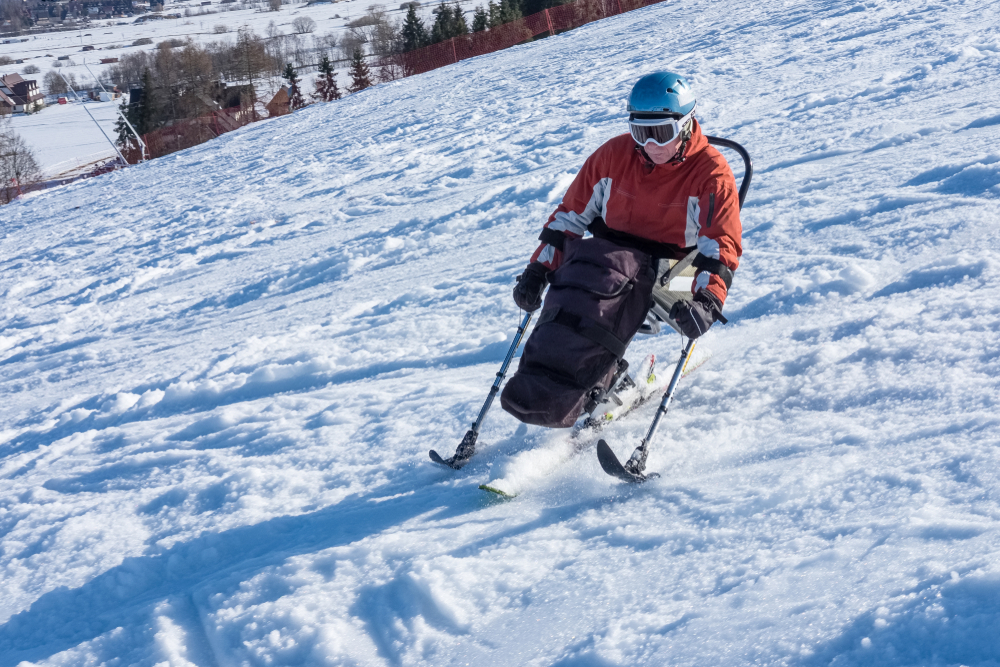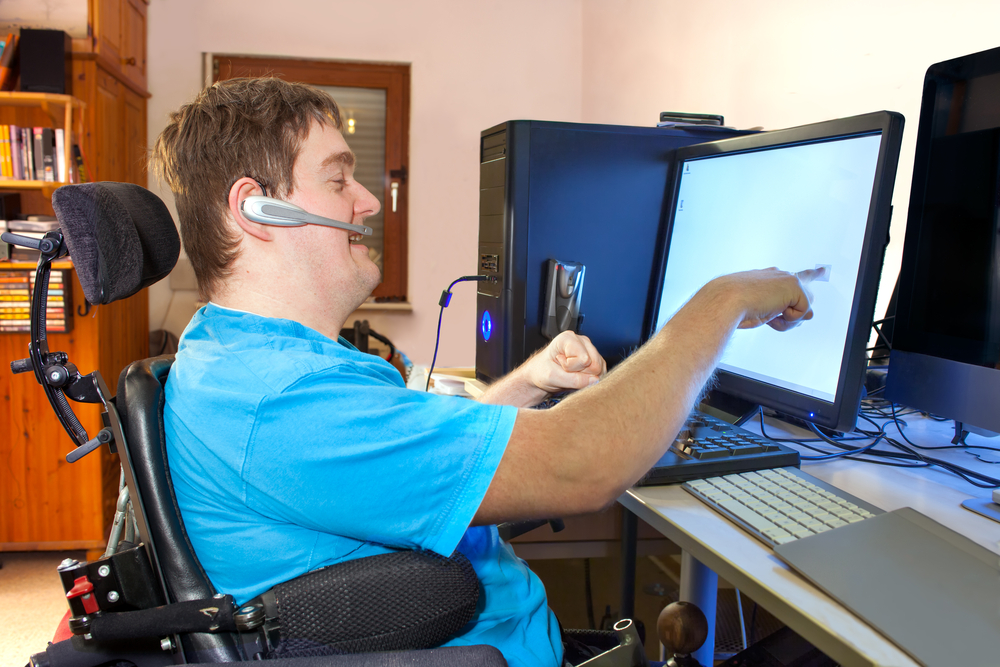Make an Appointment
Toddler speech delay is a common issue that affects many children, with an estimated 10-15% of children experiencing some degree of speech delay. Speech and language development is crucial in the early years, as it forms the foundation for communication, social interaction, and cognitive development. As a parent or caregiver, it is important to monitor your child's speech development and seek help if you have concerns. In this article, we will explore the signs, causes, and long-term effects of toddler speech delay, as well as how speech-language pathologists from Physio Inq can evaluate and treat speech delays in toddlers.
Table of Contents:
I. Signs of Toddler Speech Delay
II. Causes of Toddler Speech Delay
III. When to Worry About Toddler Speech Delay
IV. How Speech-Language Pathologists Evaluate and Treat Speech Delays in Toddlers
V. Home Activities and Exercises for Supporting Speech and Language Development
VI. Long-Term Effects of Untreated Speech Delays
VII. Physio Inq Speech Pathology Services for Toddler Speech Delay
VIII. Conclusion
Signs of Toddler Speech Delay
Speech and language development are essential aspects of a child's overall growth and development. It is important to keep track of the developmental milestones for speech and language that children should meet by certain ages. By nine months, a child should start babbling, and by 12 months, they should say their first word. By the age of 2, they should be able to use two-word phrases, and by the age of 3, they should be using simple sentences. If a child is not meeting these milestones, it could be a sign of speech delay.
Parents and caregivers should monitor their child's speech development carefully. Here are some signs of toddler speech delay that they should be aware of:
Difficulty Forming Words: Children with speech delay may have difficulty forming words. They may struggle with pronouncing sounds correctly or may leave sounds out of words.
Limited Vocabulary: Children with speech delay may have a limited vocabulary. They may struggle to find the right words to use, or they may have difficulty understanding new words.
Difficulty Following Directions: Children with speech delay may have difficulty following directions. They may not understand what they are being asked to do or may not be able to communicate what they want to say.
Frustration or Anger when Trying to Communicate: Children with speech delay may become frustrated or angry when trying to communicate. They may struggle to express their thoughts and feelings effectively, leading to frustration.
If parents or caregivers notice any of these signs, they should seek help from a speech-language pathologist. Early intervention is essential for addressing speech delays in toddlers. Speech-language pathologists can provide evaluation and treatment for speech delays, as well as appropriate referrals if other developmental issues are suspected.
Causes of Toddler Speech Delay
Toddler speech delay can be caused by a range of factors, and it is important to identify the cause in order to provide effective treatment. Here are some of the common causes of toddler speech delay:
Hearing Loss or Problems: Hearing loss is a common cause of speech delays in toddlers. If a child is unable to hear properly, they may have difficulty developing their speech and language skills. Conductive hearing loss, which is caused by a blockage in the ear canal, and sensorineural hearing loss, which is caused by damage to the inner ear, can both cause speech delays in toddlers.
Developmental Delays: Children with other developmental delays, such as delays in gross motor skills or cognitive development, may also have delays in speech and language development. Children with Down syndrome, cerebral palsy, and other developmental disabilities are at higher risk of experiencing speech delays.
Autism Spectrum Disorder (ASD): ASD is a developmental disorder that can also affect speech and language development. Children with ASD may have difficulty with social communication and may have delays in language development.
Lack of Exposure to Language: Children who are not exposed to language on a regular basis may have difficulty developing their speech and language skills. This can occur in cases of neglect or in children who have not been exposed to language because of social or cultural factors.
Bilingualism: Being exposed to more than one language can cause temporary speech delays in toddlers. However, bilingualism does not cause long-term speech delays, and children typically catch up to their peers quickly.
It is important to identify the cause of toddler speech delay in order to provide effective treatment. If parents or caregivers suspect that their child has a speech delay, they should seek an evaluation from a speech-language pathologist. A speech-language pathologist can provide a comprehensive evaluation to determine the underlying cause of the speech delay and develop a personalised treatment plan.
Here is a helpful resource from the American Speech-Language-Hearing Association that provides more information on the causes of toddler speech delay: https://www.asha.org/public/speech/disorders/Preschool-Language-Disorders/
When to Worry About Toddler Speech Delay
Parents and caregivers should monitor their child's speech development carefully and seek help if they have concerns. Here are some signs that may indicate that a child is experiencing speech delay:
Lack of Babbling or Sounds by 9 Months: By the age of 9 months, most children should start babbling and making sounds. If a child is not doing this, it could be a sign of speech delay.
No Words by 18 Months: By 18 months, most children should say their first words. If a child is not saying any words by this age, it could be a sign of speech delay.
No Two-Word Phrases by 2 Years Old: By the age of 2, most children should be able to use two-word phrases. If a child is not using two-word phrases by this age, it could be a sign of speech delay.
Difficulty Following Simple Instructions: Children with speech delay may have difficulty following simple instructions. They may not understand what they are being asked to do or may not be able to communicate what they want to say.
Frustration or Anger Due to Communication Difficulties: Children with speech delay may become frustrated or angry when trying to communicate. They may struggle to express their thoughts and feelings effectively, leading to frustration.
If parents or caregivers notice any of these signs, they should seek help from a speech-language pathologist. Early intervention is essential for addressing speech delays in toddlers. Speech-language pathologists can provide evaluation and treatment for speech delays, as well as appropriate referrals if other developmental issues are suspected.
It is important to note that every child develops at their own pace, and some children may experience temporary delays in speech and language development. However, if parents or caregivers have concerns about their child's speech development, it is always better to seek an evaluation from a speech-language pathologist. Early intervention can help ensure that children receive the support they need to develop their communication skills and thrive.

Home Activities and Exercises for Supporting Speech and Language Development
Parents and caregivers can play an important role in supporting their child's speech and language development. Here are some activities and exercises that can be done at home to support speech and language development:
Reading Books: Reading books to your child can help develop their vocabulary and comprehension skills. Point to pictures in the book and ask your child to name them. This will help your child develop their ability to identify and express words.
Singing Songs: Singing songs is a fun way to develop your child's speech and language skills. Sing simple songs and encourage your child to sing along. This will help your child develop their ability to pronounce words correctly and remember phrases.
Practicing Simple Vocabulary Words or Phrases: Practicing simple vocabulary words or phrases with your child can also help them develop their speech and language skills. Repeat words and phrases with your child and encourage them to say them back to you. This will help your child develop their ability to use words in context.
Engaging in Playtime: Playtime is a great opportunity to support speech and language development. Play games that encourage communication and social interaction, such as board games or puzzles. Talk to your child during playtime and encourage them to communicate with you.
It is important to make these activities fun and engaging for the child. It is also important to be patient and provide positive reinforcement when your child communicates effectively. These activities and exercises can be done on a daily basis to support your child's speech and language development.
If parents or caregivers have concerns about their child's speech and language development, they should seek an evaluation from a speech-language pathologist. A speech-language pathologist can provide guidance on activities and exercises that are appropriate for the child's individual needs.
Long-Term Effects of Untreated Speech Delays
Untreated speech delays can have long-term effects on a child's communication skills and overall development. Children who do not receive appropriate intervention for speech delays may experience difficulty in school, social situations, and relationships. They may also experience anxiety, frustration, and low self-esteem due to their communication difficulties.
Children with untreated speech delays may struggle in school. They may have difficulty understanding instructions, participating in class discussions, and completing assignments. They may also struggle to make friends and participate in social activities.
Untreated speech delays can also have an impact on a child's relationships. Children who struggle to communicate effectively may have difficulty forming meaningful relationships with peers and adults. This can lead to feelings of isolation and loneliness.
In addition, untreated speech delays can have a negative impact on a child's mental health. Children with communication difficulties may experience anxiety and frustration due to their inability to express themselves effectively. They may also have low self-esteem, which can impact their overall well-being.
Early intervention is critical to prevent long-term effects of untreated speech delays. In our previous blog posts on early intervention, we have discussed how speech therapy for toddlers can help improve communication skills and strategies for early intervention. Speech-language pathologists can provide evaluation and treatment for speech delays, as well as appropriate referrals if other developmental issues are suspected. With early intervention, children can develop their communication skills and overcome their speech delays, preventing long-term negative effects. Learn more about the importance of early intervention for speech and language development in our blog post "Why is early intervention important for speech and language?" and discover strategies for early intervention in our blog post "Speech Therapy for Toddlers: Early Intervention Strategies for Improved Communication."
It is important for parents and caregivers to monitor their child's speech and language development and seek help if they have concerns. If parents or caregivers notice any signs of speech delay, they should seek an evaluation from a speech-language pathologist as soon as possible.

Physio Inq Speech Pathology Services for Toddler Speech Delay
At Physio Inq, we are a national NDIS and Aged Care provider that offers mobile and in-home speech therapy services for children with speech delays. As speech-language pathologists with specialised expertise in the pediatric space, we are experienced in working with children with a variety of speech and language delays. We understand that every child is unique and that their speech and language needs are individual, which is why we offer personalized treatment plans for toddlers with speech delays that are tailored to their specific needs and goals. We also offer the Bye Bye Early Intervention Program, which is a comprehensive range of services for families and children with developmental delays, including speech and language delays. Our program includes speech therapy services as well as other therapeutic interventions, all designed to help children reach their full potential.
Conclusion
Toddler speech delay is a common issue that affects many children, and there can be a variety of causes. It is important to monitor your child's speech development and seek help if you have concerns. At Physio Inq, we offer specialised speech pathology services for toddlers with speech delays. Our experienced speech-language pathologists can provide evaluation, treatment, and appropriate referrals if other developmental issues are suspected. With early intervention and appropriate support, children with speech delays can develop their communication skills and thrive. Our team of friendly and knowledgeable client services representatives is available to answer any questions you may have and help you get started by calling 1300 731 733. You can book online or make a referral for any of our speech therapy services across the country. Don't wait, reach out to us today and give your child the gift of communication.
Date Published: Tuesday, March 28, 2023
Locate a Children's Speech Pathology
Service Near me
Get the experience & convinence you deserve to support your or a loved one's allied health needs.
Our Children's Speech Pathology team are currently serving & taking appointments in the following states and regions in Australia:
Need to get into direct contact with ur Client Services team? We're all ears. Call our team directly on 1300 731 733









